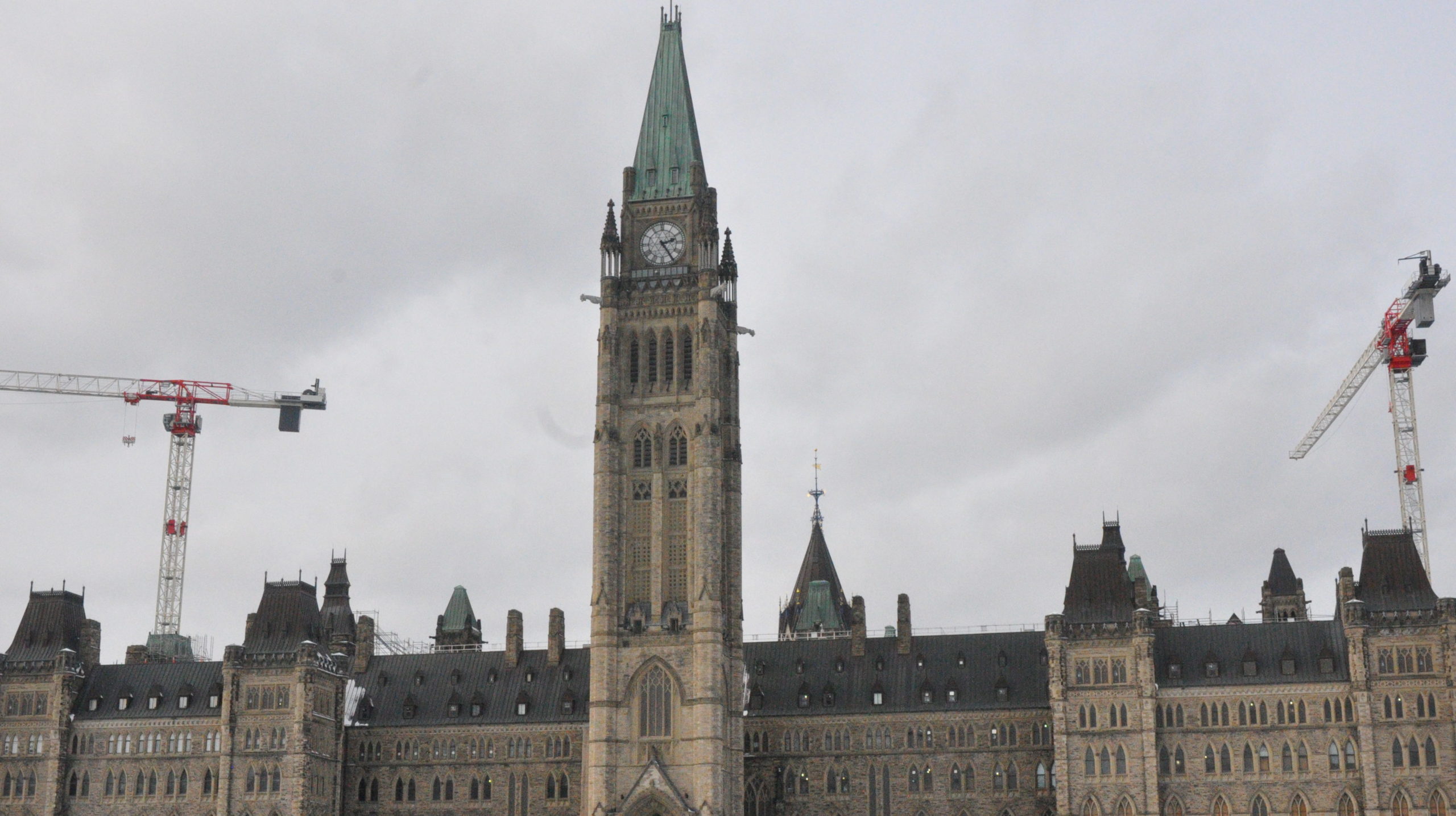What is exactly at stake for Canada at the 2024 U.S. Presidential Election this November?
The 2024 U.S. presidential election will be a defining moment not only for Americans, but also for democracies across the world, and Canada, as its northern neighbour, will certainly feel its impact. Vice-President Kamala Harris, who recently replaced Joe Biden as the Democratic Party candidate due to the many concerns that he may not have the fitness to serve a second term, has unexpectedly proved to meaningfully challenge the looming threat of a second term of Trump.
Last Tuesday, the presidential debate between the two candidates particularly highlighted the kind of hopeful presidency Harris could bring to the U.S in 2025. While Trump fear-mongered about migration, Harris debated with a kind of confidence and hopeful tone to “turn the page” from an era of Trump politics, allowing her charisma to shine as a candidate. Her debate performance was a foil to the angry, bitter, and negative attitude that Trump brought to the table.
For Donald Trump, a poll done by Pew Research has shown that the majority of Americans see the former President as dishonest and mean-spirited, with 56 per cent saying they don’t like his conduct. He is also the first convicted felon to run for President, as he was convicted on 34 counts of falsifying business records in his recent hush money trial.
Nonetheless, despite Trump’s subpar debate performance and legal liabilities, the real question remains: what happens if Trump does prevail in this next election? Two student writers from the Fulcrum, Rhys Matthew and Grace Kim-Shin, discuss the major implications of the upcoming presidential election, and how its results could affect Canadian politics.
Economic implications
Since coming into office, the Biden administration has been able to work cooperatively with the Canadian government on many issues. The Canada-US trading relationship has grown, with Canada-US trade figures increasing exponentially since 2021. Harris’ election this fall would likely see a continuation of this relationship and would very likely be “business as usual” for the Canadian economy.
A Trump re-election, however, would potentially devastate the Canadian economy. During his first term in office, the former President tore up NAFTA and implemented huge tariffs on vital Canadian aluminum exports.
Since leaving office, Trump’s economic stances have not softened. He has currently said that the U.S, under his leadership, would impose a 10 per cent tariff on all imports, a measure that would have horrific implications for Canadian agriculture and industry.
Newly in the line of fire during a second Trump term may be Canada’s wheat farmers. Although tariffs on agricultural product trade were left at zero during the United States-Mexico-Canada Agreement negotiation, Trump’s new tariff promises leave new uncertainty for all of Canada’s agricultural industry. Unprotected by the Canadian supply management system, the industry exports $707 million dollars worth of wheat to the US every year, and the prospect of tariffs from its third largest export recipient, along with the many challenges already being faced by farmers due to climate change, puts the industry in serious peril.
However, the threat facing the Canadian industry is greater than that facing any specific sector. Canada currently does two-thirds of its trade with the US, and a Trump re-election puts all of it at risk.
Trumpism threatens Canadian values and democracy
By the end of Trump’s last presidential term, he dismantled citizen trust in democracy and brought a wave of populist politics across North America. He left office and triggered the January 6 U.S Capitol Attack, an event representing the culminated effect of the misinformation-fuelled politics he practiced throughout his mandate, especially during the pandemic and on abortion rights.
Sharing close cultural ties with the U.S., another Trump term risks the resurgence of the kind of instability and political rhetoric displayed during the 2022 Freedom Convoy in Ottawa, which showed striking similarities to the U.S Capitol Attack. The Convoy exposed Canada as nothttps://www.cbsnews.com/news/trump-charges-conviction-guilty-verdict/ being spared from the kind of disinformation and distrust in democratic institutions the U.S had increasingly experienced.
Canada faces unique political problems due to its history and parliamentary system. There has undoubtedly been rising conflicts between provinces and increasing provincial distrust toward Ottawa, as shown in recent confrontations between Alberta Premier Danielle Smith and the feds on critical energy policy; continuous conflict on carbon pricing; and increases in anti-immigrant sentiment. These conditions make Canada an ideal breeding ground for further deterioration of national cohesion if Trumpism prevails in our neighbouring political climate.
The U.S no longer a reliable partner on the international stage?
Trump’s first presidential term definitively put the U.S’s legitimacy as a reliable international partner into question. The U.S has always been a major partner in many international forums, but Trump’s seeming disinclination to multilateral cooperation can destabilize important international agreements. In his last term, Trump withdrew from the Paris Climate Agreement, which was a big blow to international cooperation on climate change action.
If the U.S continues to go down this route and fails to provide important leadership on critical global issues, the international community faces a future of increasing uncertainty. Canada will need to prepare to strengthen its position on the global stage as it risks losing the stability and support offered by the U.S. if Trump wins a reelection.
What’s next for Canada?
Not only will Canada have to pay attention to the U.S election in November, but we are also anticipating an upcoming federal election in the next year. With the Conservative Party showing favourable numbers in the polls, it is hard to avoid the thought that the Liberals will be gone after almost 10 years in power.
It is a critical turning point for Canadian politics and we will have to pay close attention to the kind of dangers a president like Trump could pose to our country both culturally and economically. We also need to be vigilant about the growing changes in our own political landscape as we risk falling into a more conservative government– a thought reminiscent of the Harper era.
As the world is facing a multitude of crises simultaneously, whether it be cost of living, housing, or climate change, it’s clear that this presidential election may just bring about even more unpredictable and contentious change to Canada and the international community.







